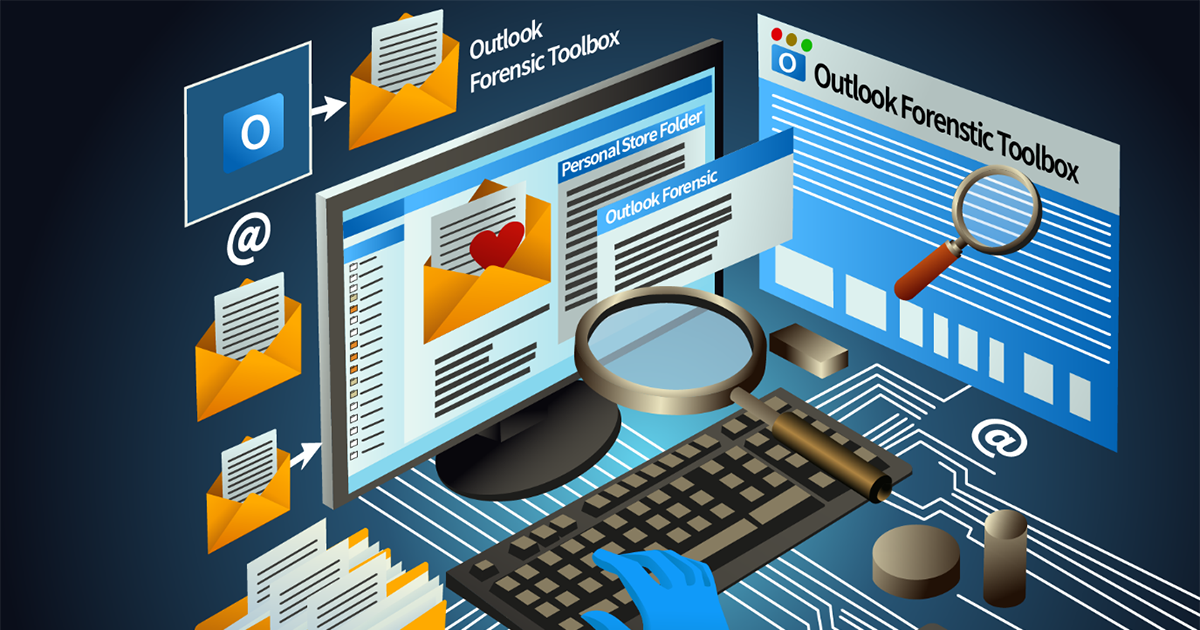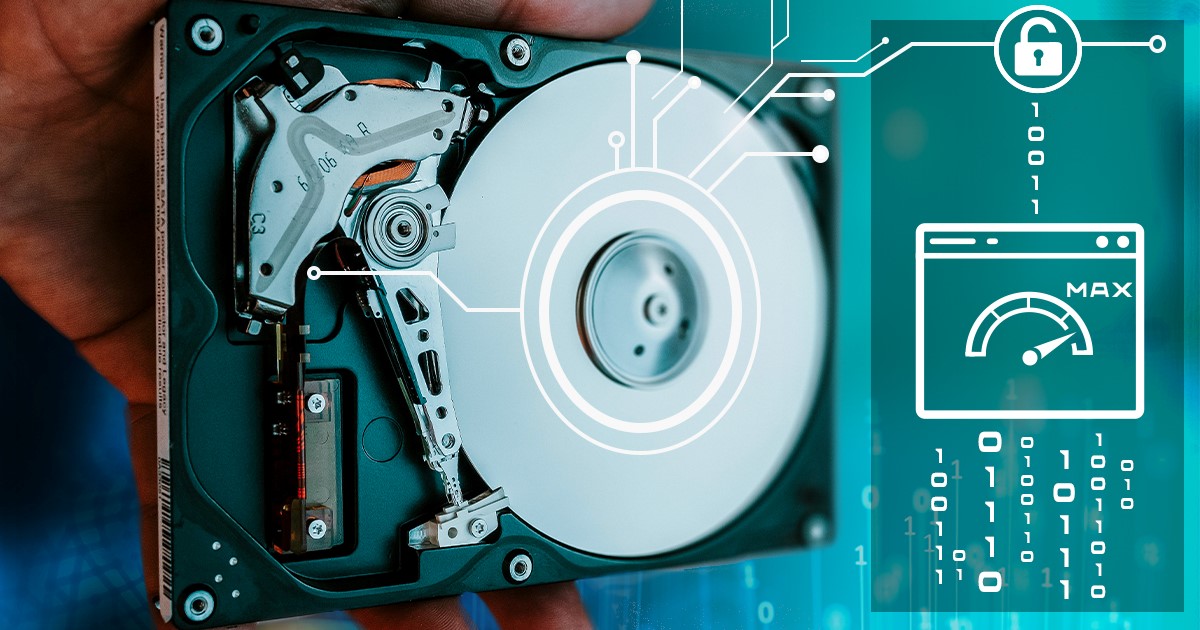To perform an iCloud extraction, a valid password is generally required, followed by solving the two-factor authentication challenge. If the user’s iPhone is everything that you have, the iCloud password may not be available. By using a trusted device, one can gain unrestricted access to everything that is stored in the user’s iCloud account. This article gives a comprehensive walkthrough on this alternative authentication method.
A lot of folks (and even some law enforcement experts) are looking for a one-click solution for mobile extractions and data decryption. Unfortunately, in today’s day and age there are no ‘silver bullet’ solutions. In the days of high-tech mobile devices and end-to-end encryption one must clearly understand the available options, and plan their actions accordingly. The time of ‘snake oil’ exploits is long gone. The modern world of mobile forensics is complex, and your actions will depend on a lot of factors. Today, we’re going to make your life a notch more complex by introducing a new iCloud authentication option you’ve never heard of before.
The majority of mobile devices today are encrypted throughout, making extractions difficult or even impossible for major platforms. Traditional attack vectors are becoming a thing of the past with encryption being moved into dedicated security chips, and encryption keys generated on first unlock based on the user’s screen lock passwords. Cloud forensics is a great alternative, often returning as much or even more data compared to what is stored on the device itself.
2FA, challenges, cloud forensics, ECX, EINPB, Elcomsoft Cloud Explorer, Elcomsoft Internet Password Breaker, Elcomsoft Phone Breaker, EPB, iCloud, iOS
How secure are your chats in your favorite instant messenger? Can someone intercept and read your secret conversations, and can you do something about it? Apple users have access to the highly popular instant messaging system, the iMessage. But how secure it really is? Let’s find out.
2FA, Apple iCloud, EIFT, Elcomsoft iOS Forensic Toolkit, Elcomsoft Phone Breaker, Elcomsoft Phone Viewer, EPB, EPV, iMessage, iTunes backup, passcode
The long-awaited update for Elcomsoft Phone Breaker has arrived. The update brought back the ability to download iCloud backups, which was sorely broken since recent server-side changes introduced by Apple. We are also excited to become the first forensic company to offer support for iCloud backups saved by iOS 14 beta devices, all while supporting the full spectrum of two-factor authentication methods. We are proud to provide the most comprehensive forensic support of Apple iCloud with unmatched performance, accelerating forensic investigations and providing access to critical evidence stored in the cloud.
Multi-factor authentication is the new reality. A password alone is no longer considered sufficient. Phishing attacks, frequent leaks of password databases and the ubiquitous issue of reusing passwords make password protection unsafe. Adding “something that you have” to “something that you know” improves the security considerably, having the potential of cutting a chain attack early even in worst case scenarios. However, not all types of two-factor authentication are equally secure. Let’s talk about the most commonly used type of two-factor authentication: the one based on text messages (SMS) delivered to a trusted phone number.
Passwords are probably the oldest authentication method. Despite their age, passwords remain the most popular authentication method in today’s digital age. Compared to other authentication mechanisms, they have many tangible benefits. They can be as complex or as easy to remember as needed; they can be easy to use and secure at the same time (if used properly).
In Apple’s land, losing your Apple Account password is not a big deal. If you’d lost your password, there could be a number of options to reinstate access to your account. If your account is not using Two-Factor Authentication, you could answer security questions to quickly reset your password, or use iForgot to reinstate access to your account. If you switched on Two-Factor Authentication to protect your Apple Account, you (or anyone else who knows your device passcode and has physical access to one of your Apple devices) can easily change the password; literally in a matter of seconds.
2FA, 2SV, Apple, backup, FaceID, iCloud, ios 10, ios 11, iPhone, iTunes, password, Security, TouchID
What are iCloud authentication tokens? How they are better than good old passwords? Do they ever expire and when? Where to get them? Is there anything else I should know about tokens? This publication opens a new series on token-based authentication.


